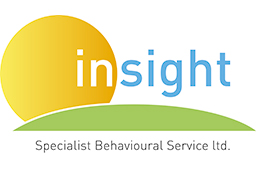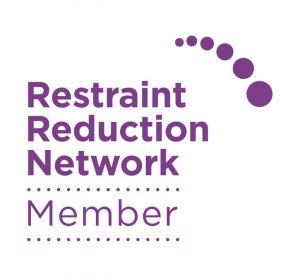Definitions and labels hold a lot of meaning, and so can become problematic. They can be related to assumptions and judgements, they often create stereotypes and bias, this can lead to an inability to separate the definition or label from the person. For this reason the service prefers to avoid their use, however in order to help people’s navigation of this website we have developed a glossary offering definitions and explanations of some of the terms used.
Positive Behavioural Support (PBS) – A model and approach that protects rights and supports people to experience an improved quality of life using evidence and data to inform decisions.
Person Centred Planning (PCP) – A model and approach that places the person at the centre of their care and support and ensures that plans are focused on the person’s wants and needs, both in the short and long term.
PROACT SCIPr-UK® (Positive Range of Options to Avoid Crisis and use Therapy Strategies for Crisis Intervention and Prevention revised for the UK) – A training model accredited by British Institute of Learning Disabilities Association of Certified Training which complies with the Restraint Reduction Network Training Standards. Focuses on proactive support and reducing and avoiding restrictive practices by focusing on the person and their environment.
Challenging Behaviour/Behaviour of Concern – A number of terms are currently used to define a certain behaviour that can be challenging or difficult to support. We use either of the two terms and they can mean the same thing, a behaviour that may pose a risk to the person or others or create challenges for the person in their life. It is important to understand that all behaviour serves a purpose for a person and challenging behaviour is no different. Challenging behaviour signals an unmet need and understanding why the person may display the behaviour is infinitely more important than the description of the challenge.
Intellectual and Developmental Disabilities/Learning Disabilities – A learning disability is defined by the Department of Health as a significant reduced ability to understand new or complex information, to learn new skills (impaired intelligence), with a reduced ability to cope independently (impaired social functioning), which started before adulthood. The needs of people can vary significantly, and every person needs a different level of support in different areas.
Mental Health – According to the World Health Organisation mental health is a person’s state of wellbeing in which a person realises their own abilities, can cope with the normal stresses of life and make contributions to their social environment. Each person has mental health, and it is an integral part of our overall health and wellbeing. Having good mental health is not only the absence of mental disorders but a focus on ongoing happiness and wellbeing. Common mental health disorders include anxiety, depression, mood disorders, phobias, and schizophrenia disorder.






